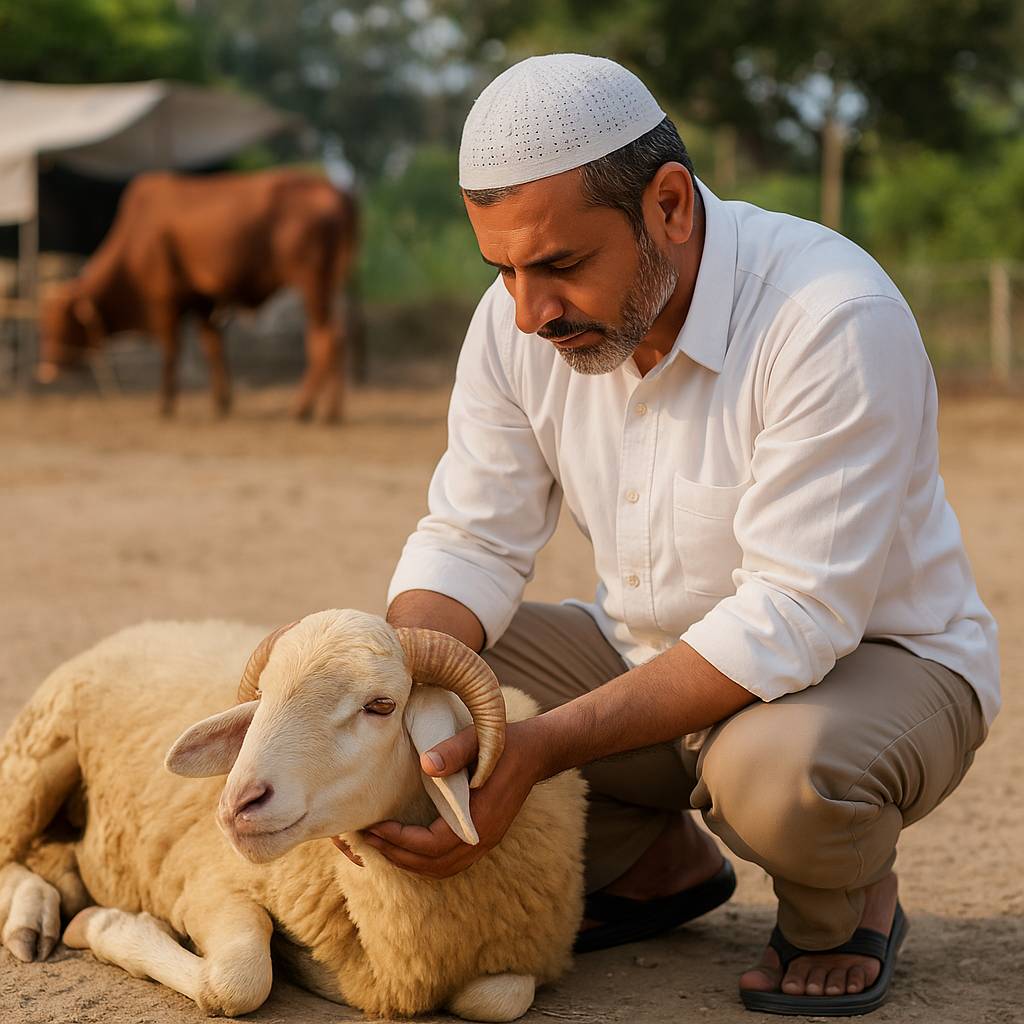
What Is Fasting? Types of Fasting and Why Muslims Fast During Ramadan
Fasting is the practice of abstaining from food, drink, or certain activities for a specific period. While fasting is often associated with health benefits in modern wellness trends, it holds deep spiritual and cultural significance across various religions and traditions. For Muslims, fasting during Ramadan is not just about self-restraint—it’s an act of worship, reflection, and spiritual growth.
In this guide, we’ll explore what fasting is, the different types of fasting, the reasons Muslims fast during Ramadan, and how Islamic fasting compares to other fasting practices.
What Is Fasting?
At its core, fasting involves voluntarily refraining from consuming food and drinks, and sometimes from specific behaviours, for a set period. Fasting can be done for various reasons:
- Spiritual: To enhance self-discipline, seek closeness to God, and purify the soul.
- Health-Related: To promote weight loss, improve metabolism, or support detoxification.
- Cultural and Ritualistic: As part of traditional practices or religious observances.
Fasting has been practised for centuries in different forms, with roots in many ancient civilisations and faiths.
Different Types of Fasting
Fasting isn’t one-size-fits-all. Various forms of fasting exist globally, serving different purposes:
1. Intermittent Fasting (IF)
- What It Is: A popular health trend where individuals cycle between eating and fasting periods. Common methods include the 16/8 method (fast for 16 hours, eat within an 8-hour window) or 5:2 method (eat normally for five days, restrict calories for two days).
- Purpose: Weight management, improved metabolism, and better insulin sensitivity.
- Key Features: Flexible eating windows, with no restrictions on specific food types during eating periods.
2. Water Fasting
- What It Is: Involves consuming only water for a set period, ranging from 24 hours to several days.
- Purpose: Detoxification, promoting autophagy (cellular repair), and mental clarity.
- Key Features: Requires medical supervision for extended fasts due to potential health risks.
3. Religious and Spiritual Fasting
Many religions incorporate fasting as a spiritual practice:
- Islamic Fasting (Sawm) During Ramadan: Complete abstention from food, drink, smoking, and intimate relations from dawn to sunset.
- Christian Fasting (Lent): Involves giving up certain foods or luxuries for 40 days, symbolising sacrifice and reflection.
- Jewish Fasting (Yom Kippur): A 25-hour fast with complete abstinence from food and drink, focusing on atonement and repentance.
- Hindu Fasting: Practised during festivals like Navaratri, with variations in food restrictions and fasting durations.
- Buddhist Fasting: Often involves refraining from eating after noon, with a focus on mindfulness and simplicity.
4. Dry Fasting (Absolute Fasting)
- What It Is: Abstaining from both food and water for a certain period.
- Purpose: Found in religious practices like Yom Kippur and Islamic fasting during Ramadan.
- Key Features: Can be challenging and should be approached with caution outside religious observances.
Why Do Muslims Fast During Ramadan?
Fasting during Ramadan, known as Sawm, is one of the Five Pillars of Islam, making it a fundamental act of worship for Muslims. Ramadan is the ninth month of the Islamic lunar calendar and commemorates the month when the Quran was first revealed to Prophet Muhammad (peace be upon him).
The Spiritual Significance:
- Obedience to God: Fasting is an act of submission and devotion, fulfilling a divine command.
- Self-Discipline: Builds patience, self-control, and resilience by resisting physical desires.
- Empathy for the Needy: Experiencing hunger and thirst fosters compassion for those who live in poverty.
- Spiritual Reflection: Encourages prayer, Quranic recitation, and acts of kindness.
Rules of Fasting in Ramadan:
- Duration: From dawn (Fajr) to sunset (Maghrib).
- Prohibited During Fasting Hours: No food, drink, smoking, or intimate relations.
- Exemptions: Children, the elderly, pregnant or nursing women, travellers, and those with health conditions.
Fasting during Ramadan is not just a physical act—it’s a holistic approach to purifying the mind, body, and soul.
How Ramadan Fasting Compares to Other Types of Fasting
| Aspect | Ramadan Fasting (Islamic Sawm) | Intermittent Fasting (16/8, 5:2) | Water Fasting | Religious Fasting (e.g., Lent, Yom Kippur) |
| Purpose | Spiritual, self-discipline, empathy, worship | Health benefits, weight loss | Detox, cellular repair | Spiritual reflection, repentance, sacrifice |
| Duration | Daily, dawn to sunset for 29–30 days | Varies (e.g., 16 hours fast, 8-hour window) | 24–72 hours (varies) | Set periods (e.g., 40 days for Lent, 25 hours for Yom Kippur) |
| Food & Drink | No food or drink during fasting hours | Water, coffee, tea allowed during fast | Only water allowed | Varies—some complete fasts, others with specific restrictions |
| Spiritual Focus | High—prayers, Quran, charity | Low—primarily health-oriented | Low to moderate, depending on intention | High—prayer, reflection, and acts of devotion |
| Exemptions | Yes—health conditions, pregnancy, travel | N/A (voluntary practice) | Medical supervision recommended for long fasts | Yes—based on health, age, and religious rules |
Health Benefits of Fasting (Including Ramadan Fasting)
While the primary goal of Ramadan fasting is spiritual growth, it also offers health benefits when practised mindfully:
- Improved Metabolism: Regulates insulin sensitivity and blood sugar levels.
- Detoxification: Gives the digestive system a break, supporting detox processes.
- Mental Clarity: Enhances focus and discipline through structured eating habits.
- Weight Management: Can promote healthy weight loss when balanced meals are consumed during non-fasting hours.
Fasting: A Shared Human Experience
While the reasons and methods may vary, fasting is a universal practice that transcends cultures and religions. It serves as a reminder of human resilience, the power of self-control, and the importance of reflection. Whether for spiritual connection, health, or tradition, fasting teaches valuable lessons about gratitude, empathy, and inner strength.
Support ARO This Ramadan
As you reflect on the meaning of fasting, remember that millions around the world experience hunger not by choice, but by circumstance. At ARO, we work to fight hunger, provide clean water, and support vulnerable communities during Ramadan and beyond.
Your generosity can make a difference. Donate Now to support food aid, orphan sponsorship, and clean water initiatives.
Together, we can share the blessings of Ramadan with those who need it most.
Related Project: Hunger Relief



